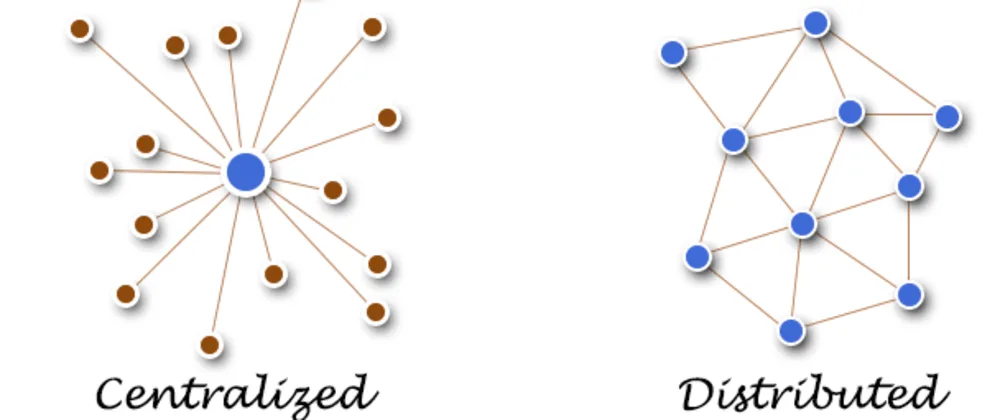What is Centralized Ledger:
A centralized ledger is a type of ledger where a single entity or organization is responsible for maintaining and controlling the database of transactions. In a centralized ledger system, all parties must rely on a central authority to manage the database, verify transactions, and ensure the integrity of the ledger.

This is in contrast to a decentralized ledger, such as a blockchain, where there is no single point of control or authority. In a decentralized ledger, all participants in the network have a copy of the ledger and must reach a consensus on the validity of transactions, which eliminates the need for a central authority.
Centralized ledgers are commonly used in traditional financial systems, such as banks, where they maintain control over their customers' accounts and transactions. However, they have been criticized for being vulnerable to hacking, manipulation, and fraud, as well as being less transparent and more susceptible to censorship.
Centralized ledgers have been used for decades in various industries, including finance, healthcare, and government. One of the most well-known examples is the centralized ledger used by banks to track transactions and account balances.
In a centralized ledger system, all transactions are recorded and stored in a single database or server controlled by the central authority. This allows for a high level of security and control, as only authorized personnel can access and modify the ledger. Additionally, because all transactions are stored in a single location, it is easier to track and audit transactions, which can help prevent fraud and errors.
However, there are also drawbacks to using a centralized ledger. For example, because the ledger is controlled by a single entity, there is a risk of censorship and manipulation. If the central authority decides to censor or alter certain transactions, there is little that users can do to prevent it. Additionally, because the ledger is controlled by a single entity, it is vulnerable to cyber attacks and other security breaches.
Despite these risks, centralized ledgers continue to be used in many industries, and there are ongoing efforts to improve their security and reliability. In some cases, organizations are turning to hybrid or decentralized ledger systems that combine the benefits of both centralized and decentralized ledgers.
Overall, the choice between centralized and decentralized ledgers depends on the specific needs and priorities of the organization. While centralized ledgers offer a high level of control and security, they also come with certain risks and limitations that must be carefully considered.
